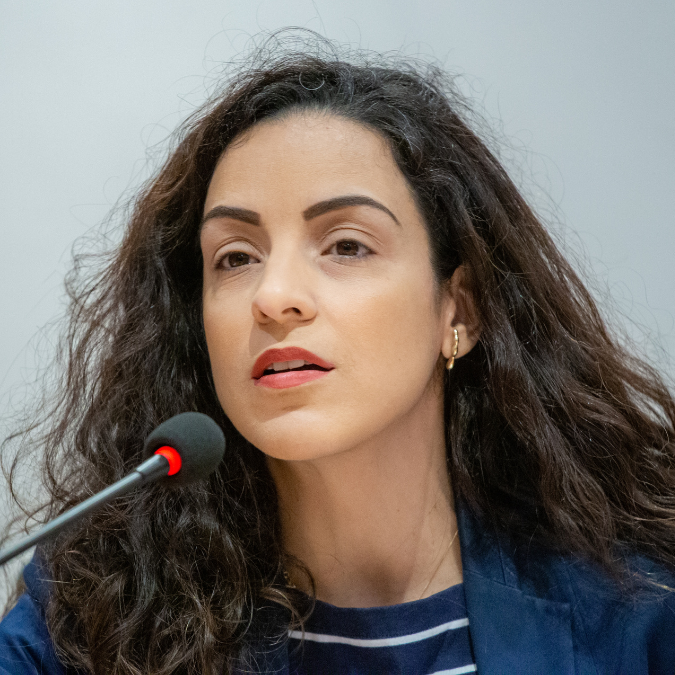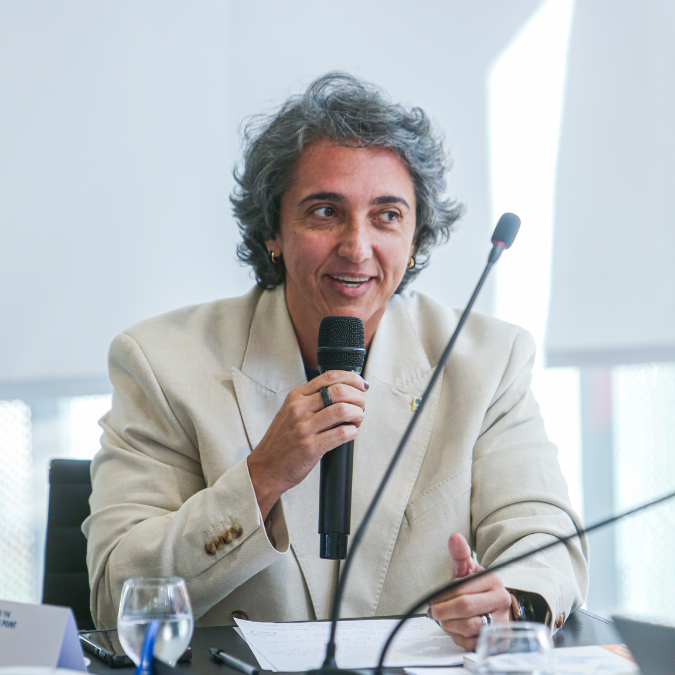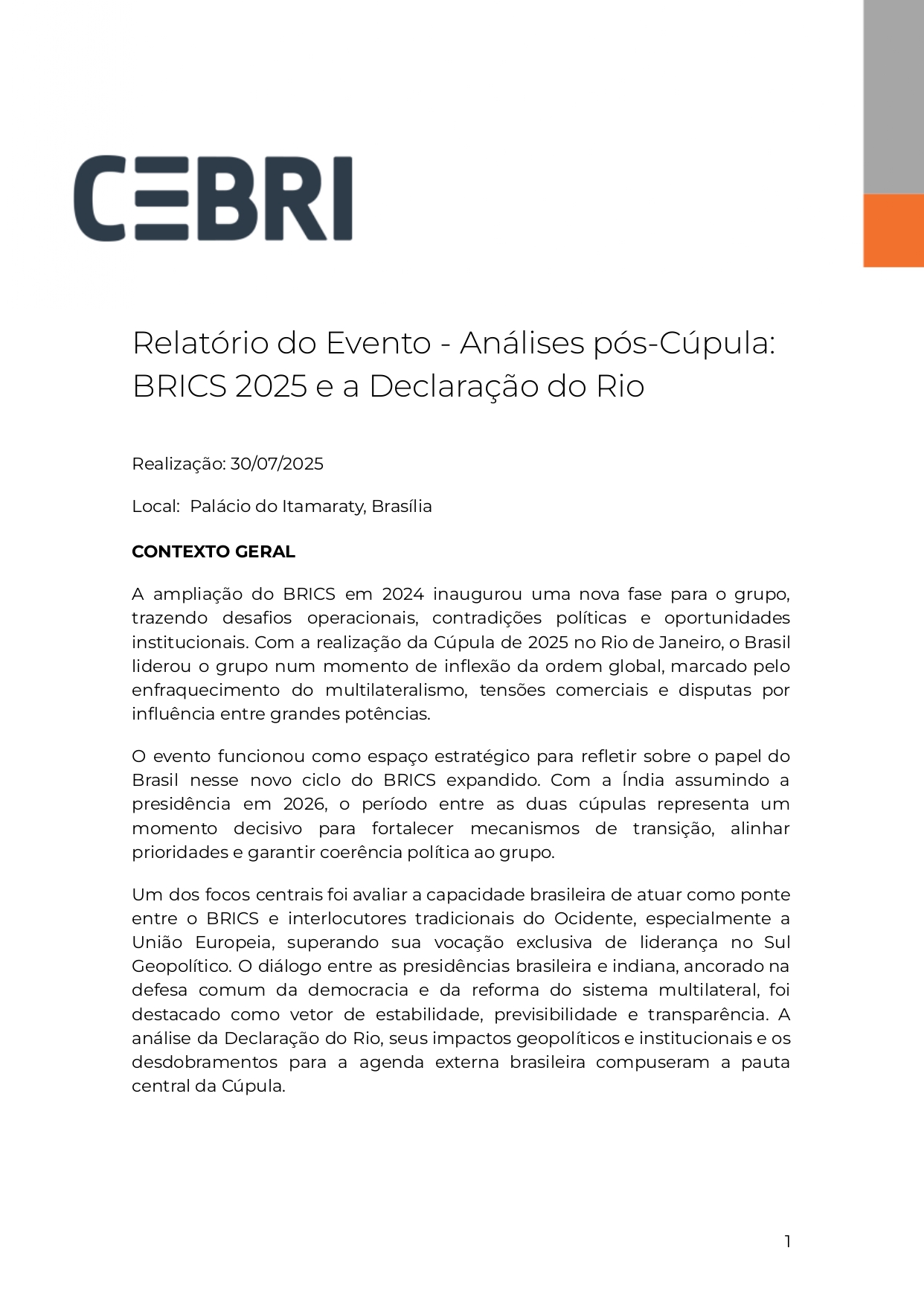Closed-door meetings
Post-Summit Analyses: BRICS 2025 and the Rio Declaration
On July 30, the Brazilian Center for International Relations (CEBRI) and the Konrad Adenauer Foundation in Brazil (KAS Brazil) held a closed-door event titled “Post-Summit Analyses: BRICS 2025 and the Rio Declaration”, aimed at reflecting on the outcomes of the 17th BRICS Leaders’ Summit, held on July 6–7, and discussing Brazil’s evolving role within the group.
The meeting brought together representatives from the Brazilian government, members of the diplomatic corps—both domestic and foreign—as well as scholars and policy experts to discuss the key consensuses expressed in the Rio Declaration, along with the challenges and opportunities presented by Brazil’s BRICS presidency.
One of the central themes of the discussion was the disconnect between external perceptions of BRICS and the coalition’s internal complexities, often misunderstood as an anti-Western initiative. In contrast, participants emphasized the bloc’s pragmatic and multisectoral approach, shaped by its political, economic, and institutional heterogeneity.
From a geopolitical standpoint, the event addressed the challenges of the contemporary international order and the pursuit of a more inclusive multilateralism. The Rio Declaration reflected this aspiration by highlighting three core commitments: the reform of multilateral institutions, food security within the framework of environmental sustainability, and climate finance.
Brazil’s presidency of BRICS was structured around six strategic priorities. As part of this agenda, participants underscored the Brazilian public administration’s cross-sectoral engagement, involving the extensive mobilization of ministries, agencies, and research institutions.
In this context, initiatives aimed at strengthening dialogue with civil society were also discussed, including through platforms such as the BRICS Business Council (CEBRICS) and the BRICS Think Tank Council (BTTC), in recognition of the diverse realities across member states.
Finally, the discussion emphasized that Brazil’s engagement in BRICS represents a strategic opportunity to rethink its international positioning.
The enhancement of national capacities—in fields such as defense, technology, and bioeconomy—and the development of a broad domestic consensus around a long-term strategic vision were identified as key elements to ensure the effectiveness, legitimacy, and sustainability of Brazil’s role within the group.
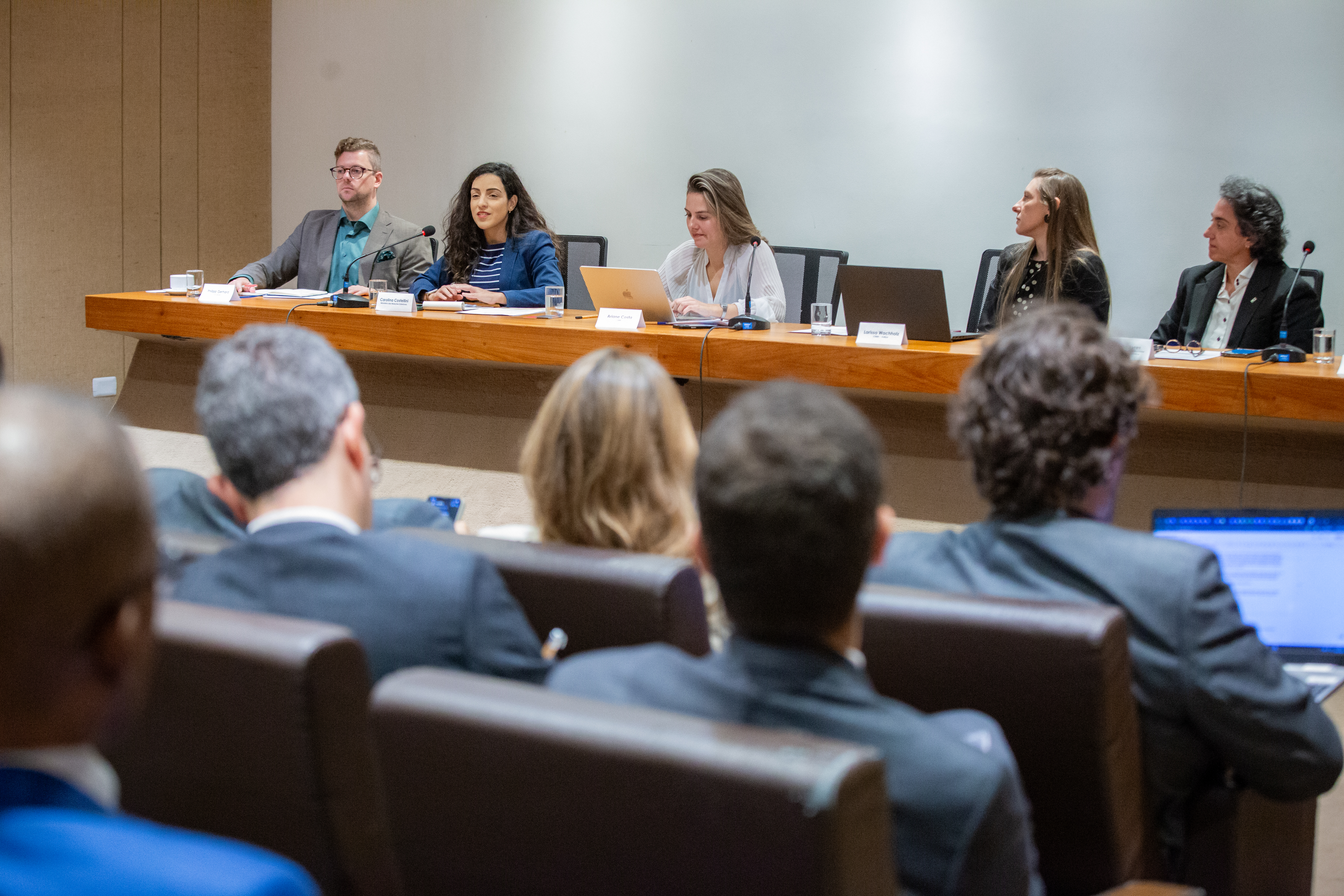
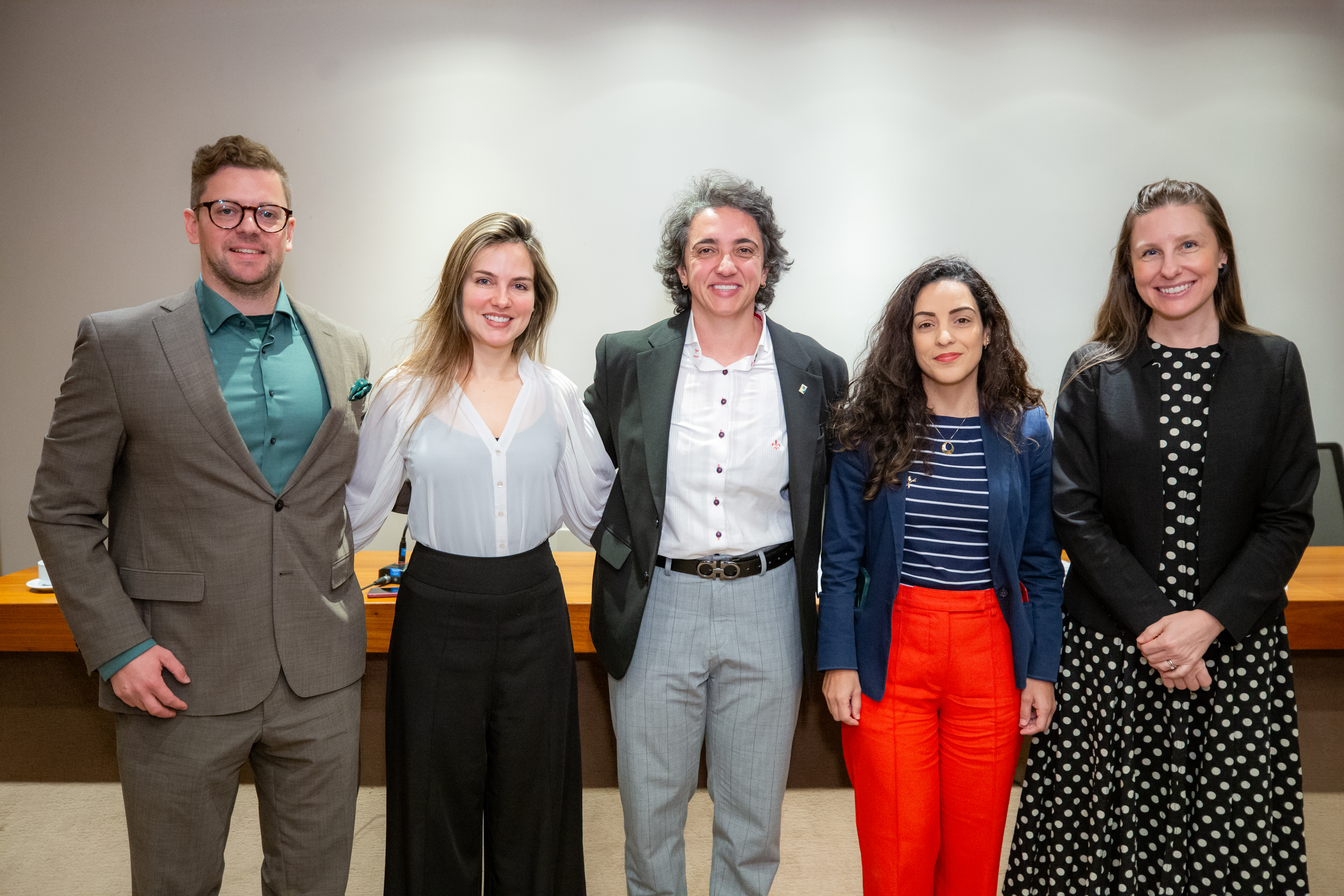
Time:
9am (BRT)
Language:
Portuguese
Share
On July 30, the Brazilian Center for International Relations (CEBRI) and the Konrad Adenauer Foundation in Brazil (KAS Brazil) held a closed-door event titled “Post-Summit Analyses: BRICS 2025 and the Rio Declaration”, aimed at reflecting on the outcomes of the 17th BRICS Leaders’ Summit, held on July 6–7, and discussing Brazil’s evolving role within the group.
The meeting brought together representatives from the Brazilian government, members of the diplomatic corps—both domestic and foreign—as well as scholars and policy experts to discuss the key consensuses expressed in the Rio Declaration, along with the challenges and opportunities presented by Brazil’s BRICS presidency.
One of the central themes of the discussion was the disconnect between external perceptions of BRICS and the coalition’s internal complexities, often misunderstood as an anti-Western initiative. In contrast, participants emphasized the bloc’s pragmatic and multisectoral approach, shaped by its political, economic, and institutional heterogeneity.
From a geopolitical standpoint, the event addressed the challenges of the contemporary international order and the pursuit of a more inclusive multilateralism. The Rio Declaration reflected this aspiration by highlighting three core commitments: the reform of multilateral institutions, food security within the framework of environmental sustainability, and climate finance.
Brazil’s presidency of BRICS was structured around six strategic priorities. As part of this agenda, participants underscored the Brazilian public administration’s cross-sectoral engagement, involving the extensive mobilization of ministries, agencies, and research institutions.
In this context, initiatives aimed at strengthening dialogue with civil society were also discussed, including through platforms such as the BRICS Business Council (CEBRICS) and the BRICS Think Tank Council (BTTC), in recognition of the diverse realities across member states.
Finally, the discussion emphasized that Brazil’s engagement in BRICS represents a strategic opportunity to rethink its international positioning.
The enhancement of national capacities—in fields such as defense, technology, and bioeconomy—and the development of a broad domestic consensus around a long-term strategic vision were identified as key elements to ensure the effectiveness, legitimacy, and sustainability of Brazil’s role within the group.




